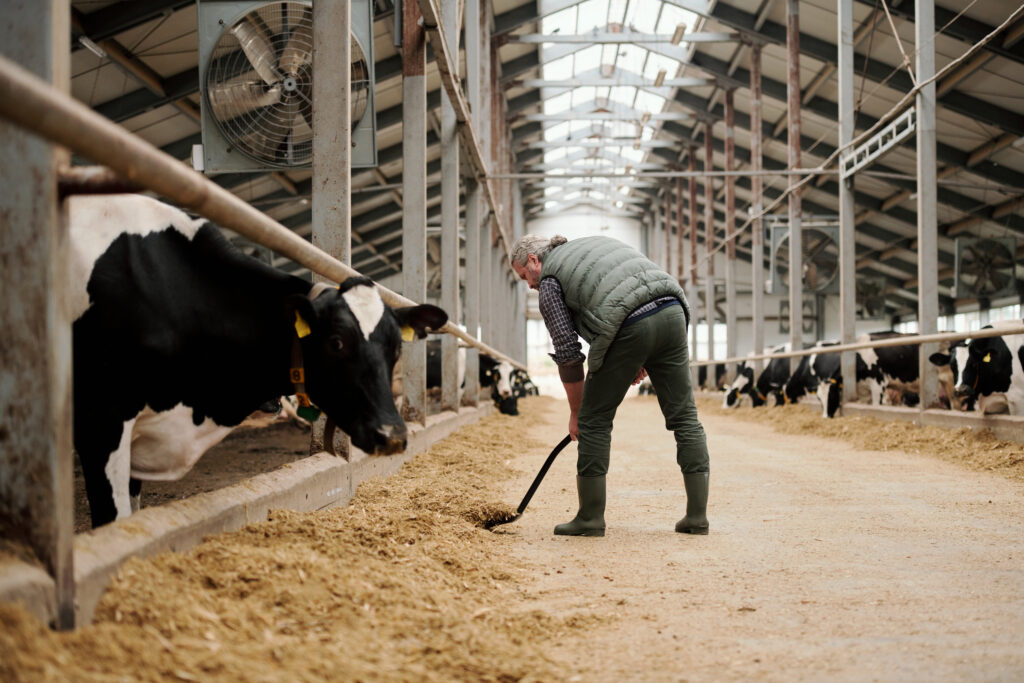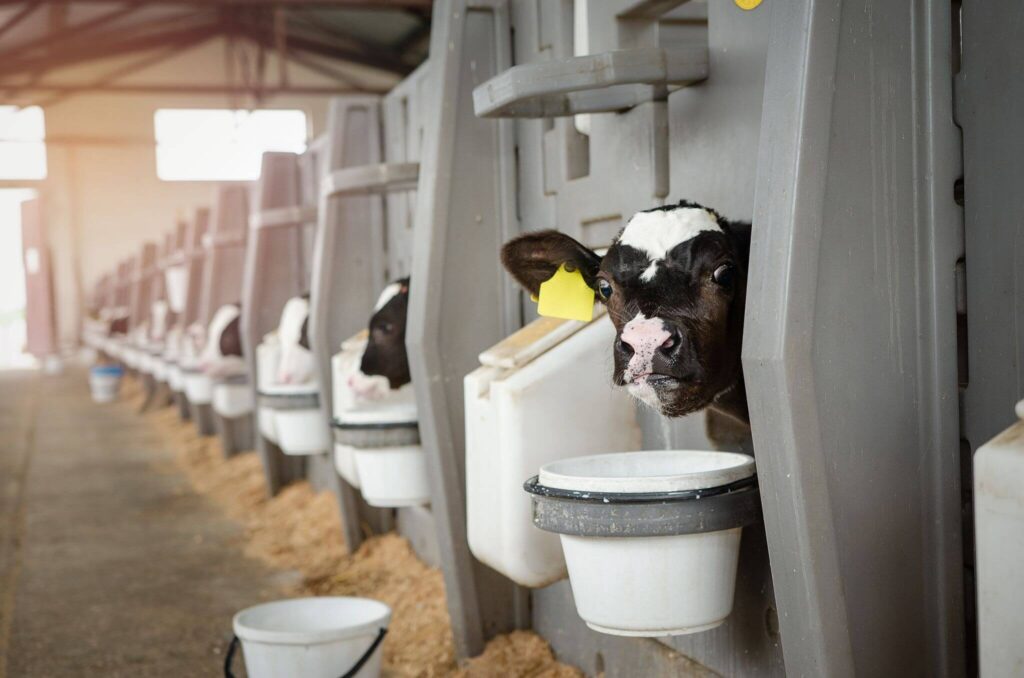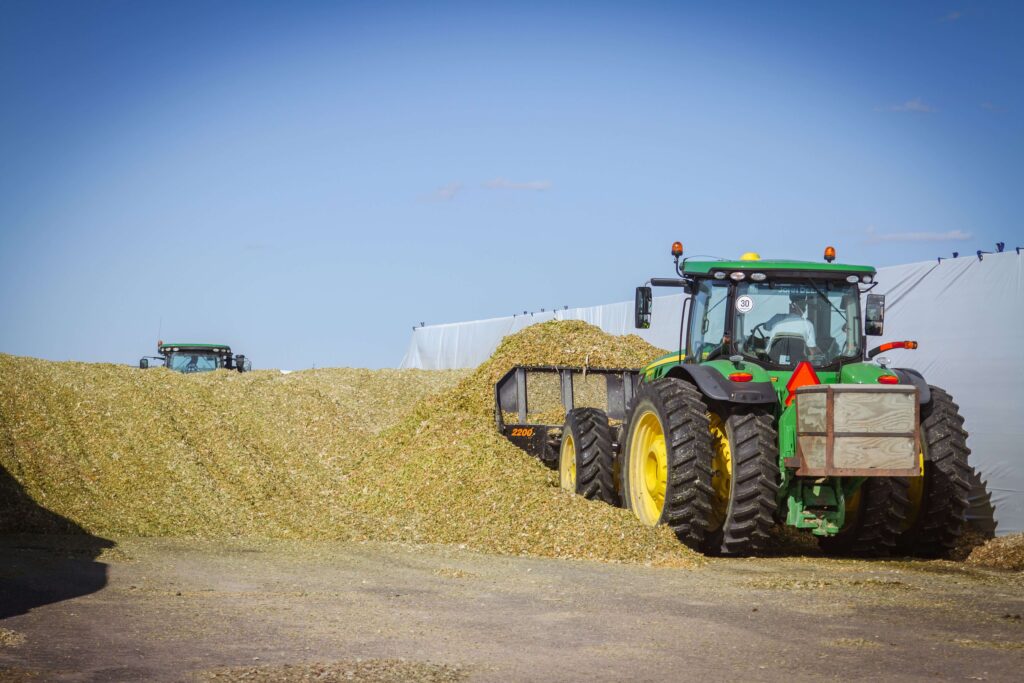HOW DOES A COMMODITY CONTRACT WORK?
Once a commodity is contracted and the contracted timeframe has commenced, your commodity contract price will start being used in your mix or as you get commodities straight on farm. There is no monthly storage fee on commodity contracts. You don’t have to pay upfront for your contract price. You are invoiced as normal upon shipments of your feed with your contract price used on those shipments.
WHAT IS A COMMODITY CONTRACT USED FOR?
Typically, farms use commodity contracts to either hedge their risks of the market making big shifts, to be able to know a portion of their input prices through the year, or to lock in a profit if the milk market and the commodity markets line up the right way to do so.


WHAT COMMODITIES CAN BE CONTRACTED?
- Soybean Meal
- Canola Meal
- Soybean Hulls
- Expelled Soy (Star Blends currently offer Exceller Soy, Amino Plus, and Soy Plus)
- Corn
- Corn Gluten Feed
- Cottonseed
- Cereal Fines
- Beet Pulp
- Calcium Salt
- Palm Fat
WHAT ARE THE DIFFERENT TYPES OF COMMODITY CONTRACTS?
We offer 2 “types” of contracts.
One is a monthly contract and one is a term contract. Monthly contracts are primarily used when you only want to contract a portion of your commodity usage each month. That means you are also subject to pay spot prices each month as your monthly contract allocation amount runs out.
Term contracts are when you contract a total amount of a commodity. That contract will run continuously until the total amount runs out (or, in some cases, if the shipment period has ended). Typically someone will contract using the term type if they are booking their entire projected usage. If feed usage has increased on the contracted commodity in a term type, you may be subject to spot prices for the remainder of the contract timeframe.

WHAT ARE THE KEY ELEMENTS OF A COMMODITY CONTRACT?
- The commodity being contracted
- The quantity being contracted
- The price of that commodity and quantity
- The shipment timeframe (the offerings and amount of time available to contract will vary depending on commodity)
- The contract type (monthly or term)
- The usage type (into mixed feed, straight to farm)
- The truck type needed (if straight to farm)
Any additional terms that may apply

WHAT ARE THE BENEFITS OF CONTRACTING FEED?
Outside of what is mentioned in what commodity contracts are used for, the other benefit would be securing supply. There are times when products get put on allocation for various products and vendors that make supply difficult to get. By having a contract in place, you’re more likely to have your allocation needs met.
WHY IS COMMODITY CONTRACTING IMPORTANT FOR FEED MANUFACTURING?
It’s a tool to help plan your inputs and hedge your risks.
ARE THERE ANY RISKS OF COMMODITY CONTRACTING?
Yes. There are always going to be risks to booking a set price because the market can be volatile, and there can be times where your contract price is higher than a spot price that can be purchased.
IS THERE A MINIMUM AMOUNT REQUIRED FOR COMMODITY CONTRACTING?
No, we don’t require any minimum amounts.


